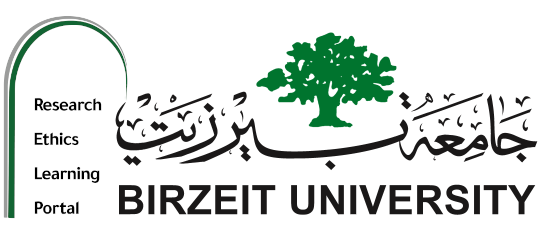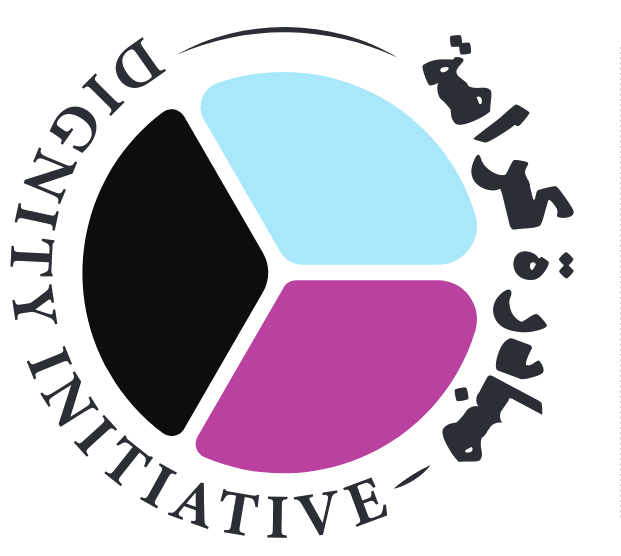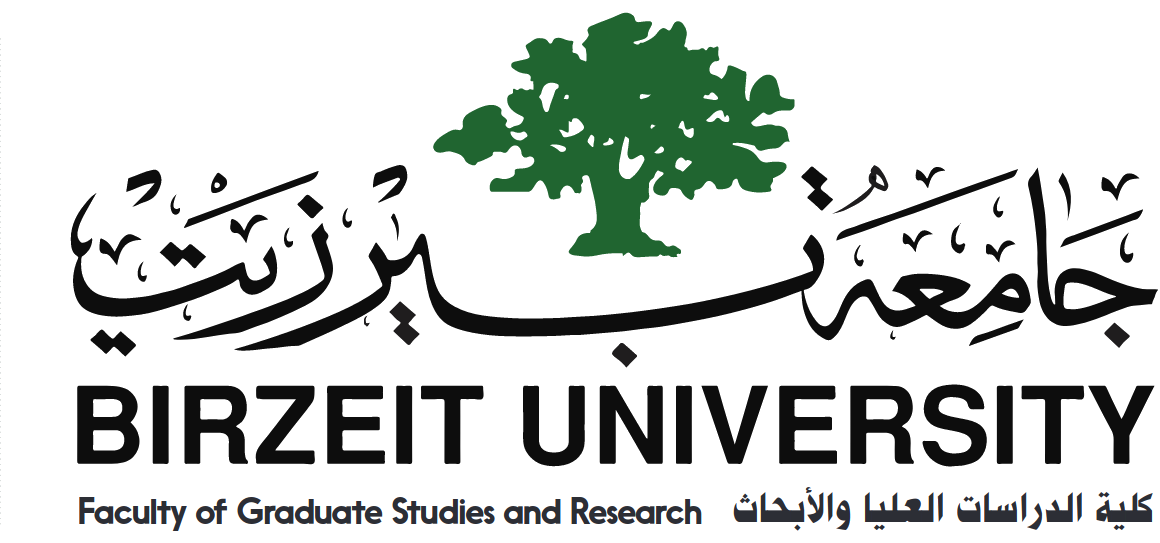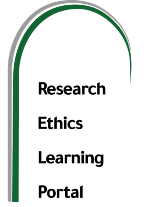About the Portal
This interactive and interdisciplinary e-learning portal seeks to fill a gap arising from a growing interest in scientific research ethics among researchers in the Arab world. It adopts an approach distinguishing scientific research ethics from researcher' ‘behavioural ethics, usually defined as scientific integrity; as the latter is formulated independently of the researcher’s will, and sometimes its treatment requires enacting coercive measures. Ethics on the other hand, including scientific research ethics, stem from the convictions of researchers and their conscientious commitment to principles and values that drive them to achieve the common good of society.
Despite the increase in the number of academic institutions and scientific production in the Arab world over the last decades, the interest in scientific research ethics has not kept pace with the steady growth of knowledge production. In fact, the institutionalisation of ethical review processes of scientific research remained relatively weak. A seeming treatment of scientific research ethics predominates, and there is a lack of deep understanding about what they are which hinders their internalisation by researchers. Therefore, the learning portal presents and explains the basic principles of scientific research ethics and a set of rules emanating from them. It also includes texts and learning study cases to strengthen and consolidate the understanding of these rules. This portal contains seven learning units, divided by topic.
This portal was designed to respond to the needs of researchers in the Arab world by presenting and explaining the principles of research ethics common in international literature. It also presents a set of internationally-renowned documents such as the Nuremberg principles (1947) and their suitability to the Arab context, in addition to employing learning study cases that relate to various issues within Arab contexts. This portal also seeks to advance scientific production in the Arab world by consolidating and strengthening the ethical component within scientific considerations to expand research horizons, and ensure the benefit of communities from the scientific efforts of researchers in the Arab world, which ultimately leads to preserving the dignity of people in the Arab region.
Furthermore, the portal considered the diverse needs of researchers in relation to their fields of knowledge, methodologies, and motives to learn about scientific research ethics. It has given particular attention to showcasing scenarios and issues facing researchers in the Arab context, taking into account the diversity and interdisciplinarity of fields and research tools used. In order to serve the various needs, the portal dedicates tracks to suit different needs, detailed here.
The learning portal consists of seven modules. Each module presents pivotal principles and issues concerning scientific research ethics. In each module, different learning study cases are employed allowing portal users to select study cases from the fields of social sciences and humanities; medical and natural sciences; or engineering and technology. The cases are followed by interactive questions that aim to deepen the understanding of the principles or rules under discussion to be able to use them in particular contexts. The portal includes a general overview track, intended for browsing the educational content. In addition to this track, there are six other tracks to which users are directed according to their needs and the nature of their research tools: data collection from or on humans, the absence of data collection, or the legal capacity of research participants. There is also a comprehensive track designed for those interested in learning research ethics for purposes beyond conducting specific research such as membership in an ethical review body. Each track, except for the general overview track, includes exams at the end of each module which award whoever passes a certificate confirming track completion.
It is noteworthy that the team working on this portal benefited from many models of tools dedicated to learning scientific research ethics, most notably the “training on scientific research ethics of the American National Institutes of Health” (NIH), and the course on scientific research ethics including human participants at the Canadian Tri-Council known as TCPS. Indeed, the research team reviewed a lot of literature on the different approaches to scientific research ethics. It also paid special attention to literature seeking to produce non-Eurocentric emancipatory knowledge focused on contexts of the South.
The first phase of this portal was completed between 2020-2022 with the support of the International Development Research Centre (IDRC) - Canada. It was developed as part of the Karama Initiative, a research initiative at Birzeit University which aims to enhance knowledge production around human dignity and ways to preserve it. It adopts a practice-based approach and tackles issues and events surrounding us through the lens of dignity.
Portal team:
- Mudar Kassis (Lead researcher)
- Rita Giacaman (Lead researcher)
- Maher Hashweh (Lead research and educational advisor)
- Haya Atatrah (Researcher)
- Ahmad Attaallah (Researcher)
- Joyce Kashou’ (Research coordinator)
- Aseel Hussein (Research assistant)
- Mays Nasra (Research assistant)
- Yasmin Jubeh(Research assistant)
- Rashad Twam (Print editor)
- Mohammed Tumaizeh (Programming)
- Aref Hijjawi (Language advisor)
- Abdulrhman Abu Shamleh (Proofreading)
- Faris Giacaman (English translator)
- Salah el-Din Tumatizeh (Graphic design)
- Ahmad Mofeed (Logo design)
- Fua'd Abbad (Print design)
- Sondos Abed (Student work)
In addition to many colleagues and departments at Birzeit University including professors, researchers and students who participated in providing observations, advice and support to the team members.



